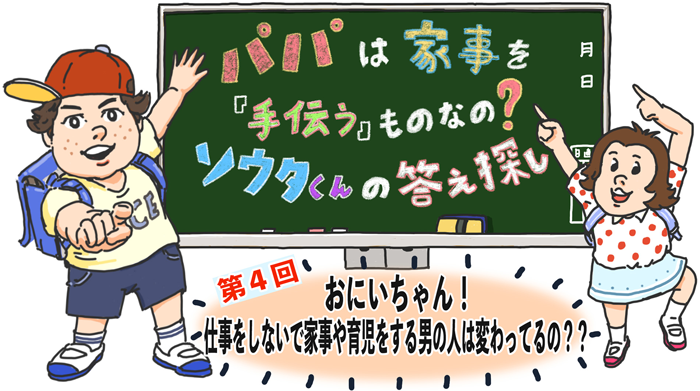
My name is Souta, and I am in the fifth grade of elementary school. I’m in the 5th grade of elementary school, and when I turned 10 and started thinking about my future, I realized that there are a lot of things in this world that I don’t understand. My sister Rico asked me another important but difficult question.
Oniichan! Are men who don’t work and do housework and childcare unusual?
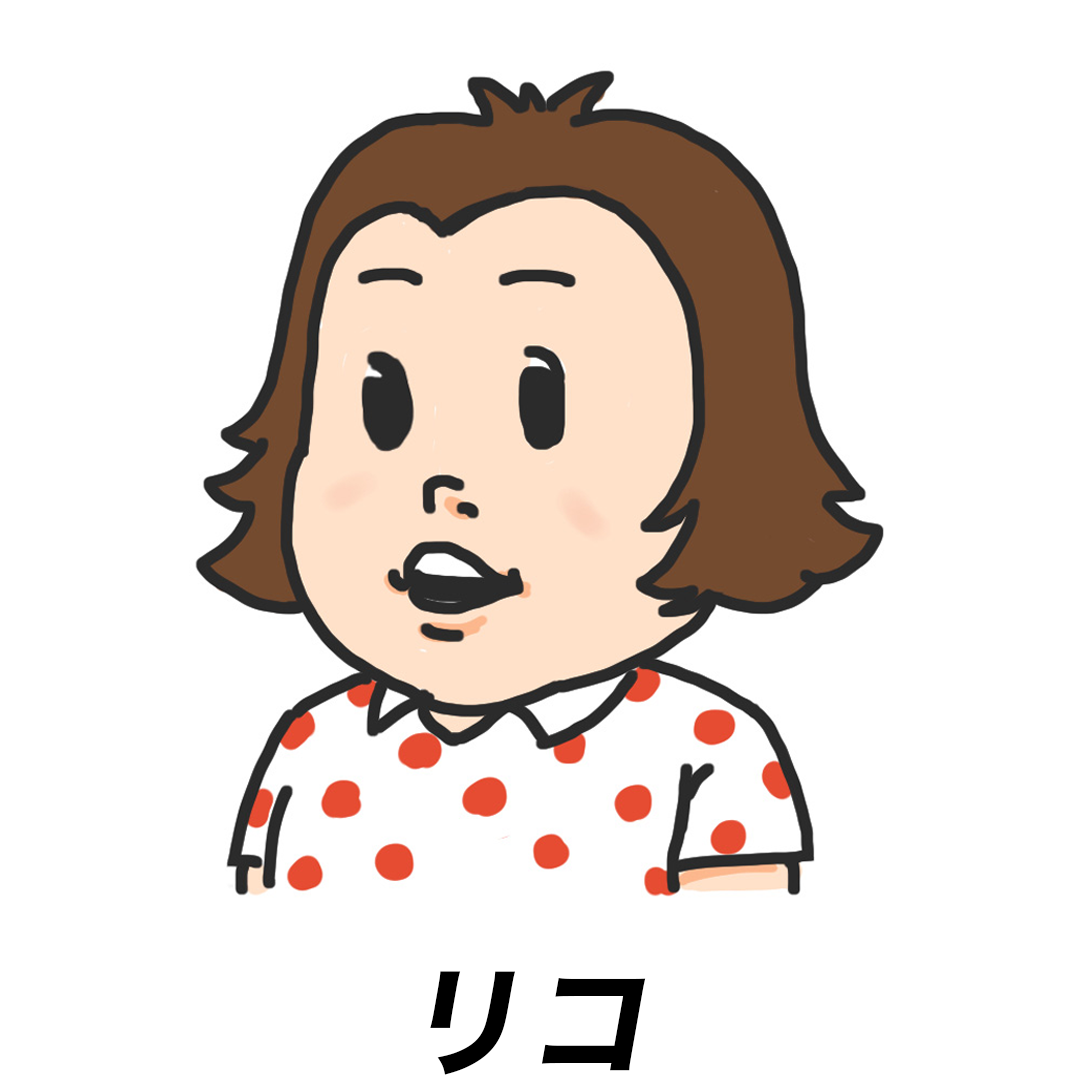
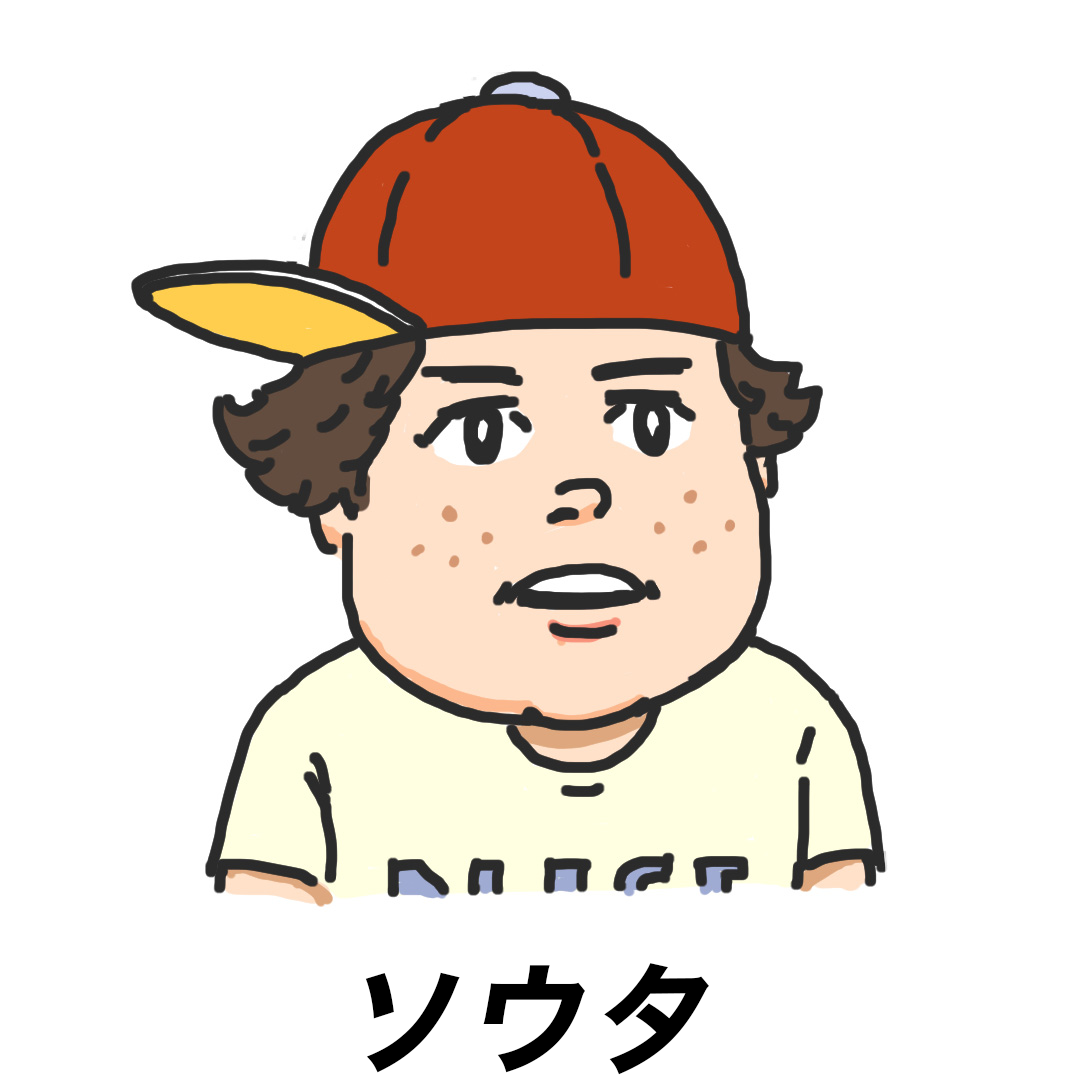
My dad does some housework too, but it’s mom who does a lot.
If housework is something we all do, and work isn’t something only dads can do, then there must be some houses where dads are the main housewife and moms do the work, right?


Sure, I wouldn’t be surprised if they were there.
So why aren’t we around?


Hmmm, let’s look for it first!
It seems that a man who is primarily responsible for housework and childcare is called a “househusband”. Using a tablet provided by the school, I searched for such a group of househusbands and found out that there is a group called “Secret Association: Friends of Househusbands! The “Secret Society: Friends of Househusbands” sounds suspiciously like a name, but what do househusbands look like? Let’s ask Taizo Horigome, the CEO of Househusbands’ Friends!
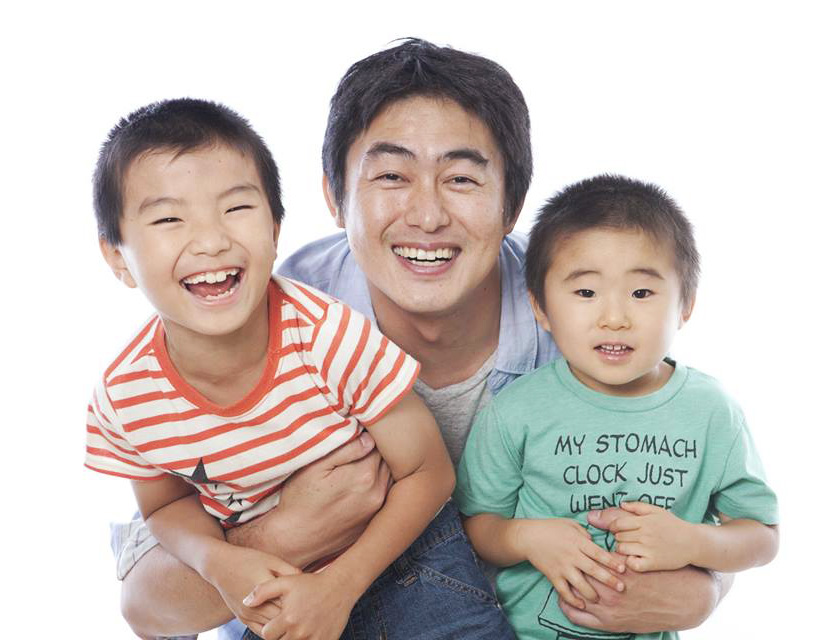

I rarely meet men who do housework and childcare like Mr. Horikomi, but is it still unusual?
Yes, I think so. I don’t know if it is “changing” or not, but I am sure it is “less common. According to a national survey called the Census, there are about 110,000 househusbands. There are about 16 million married men, so about 1 in 140. In a slightly larger school, there might be one in a grade.
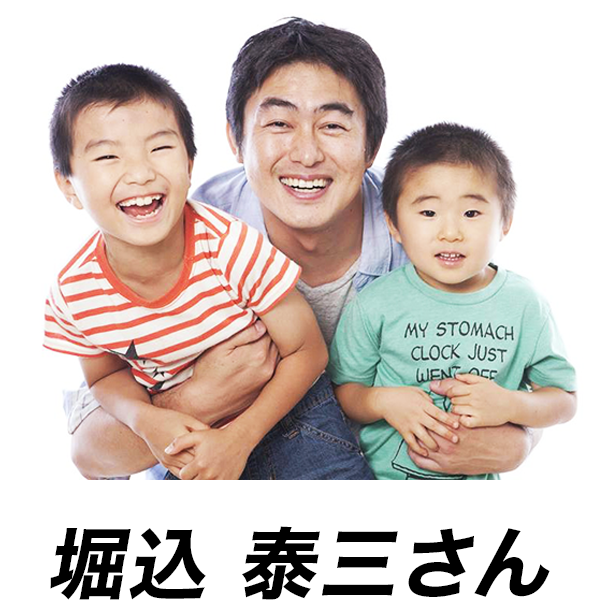

Hah, it’s definitely less, but maybe more than you think.
However, among househusbands, there are “full-time househusbands” who do not work and “dual-income househusbands” who also work, and 110,000 is the total number of both. The 110,000 is the total number of both, and the number of househusbands who do not work is about half, so the number is even smaller.


Are there different types of househusbands?
Yeah, I guess so. There are women who are full-time housewives and those who are dual-income housewives, so there’s nothing strange about that.


Oh, I see.
By the way, I am a househusband while working, so I am a concurrent househusband.


Why did you become a househusband, Horikomi-San?
I get asked that a lot, and that too if the woman was a housewife, ‘Why did you become one?’ you don’t ask that, do you?


Speaking of which.
You said earlier that it was “strange,” but not only Souta, but we househusbands are often treated as if we are something rare. This is something that makes me feel uncomfortable. I’m just doing what I normally do, but when people ask me, “Why are you doing that? I feel uncomfortable when they ask me, ‘Why are you doing that? Am I crazy?’ Don’t you think?

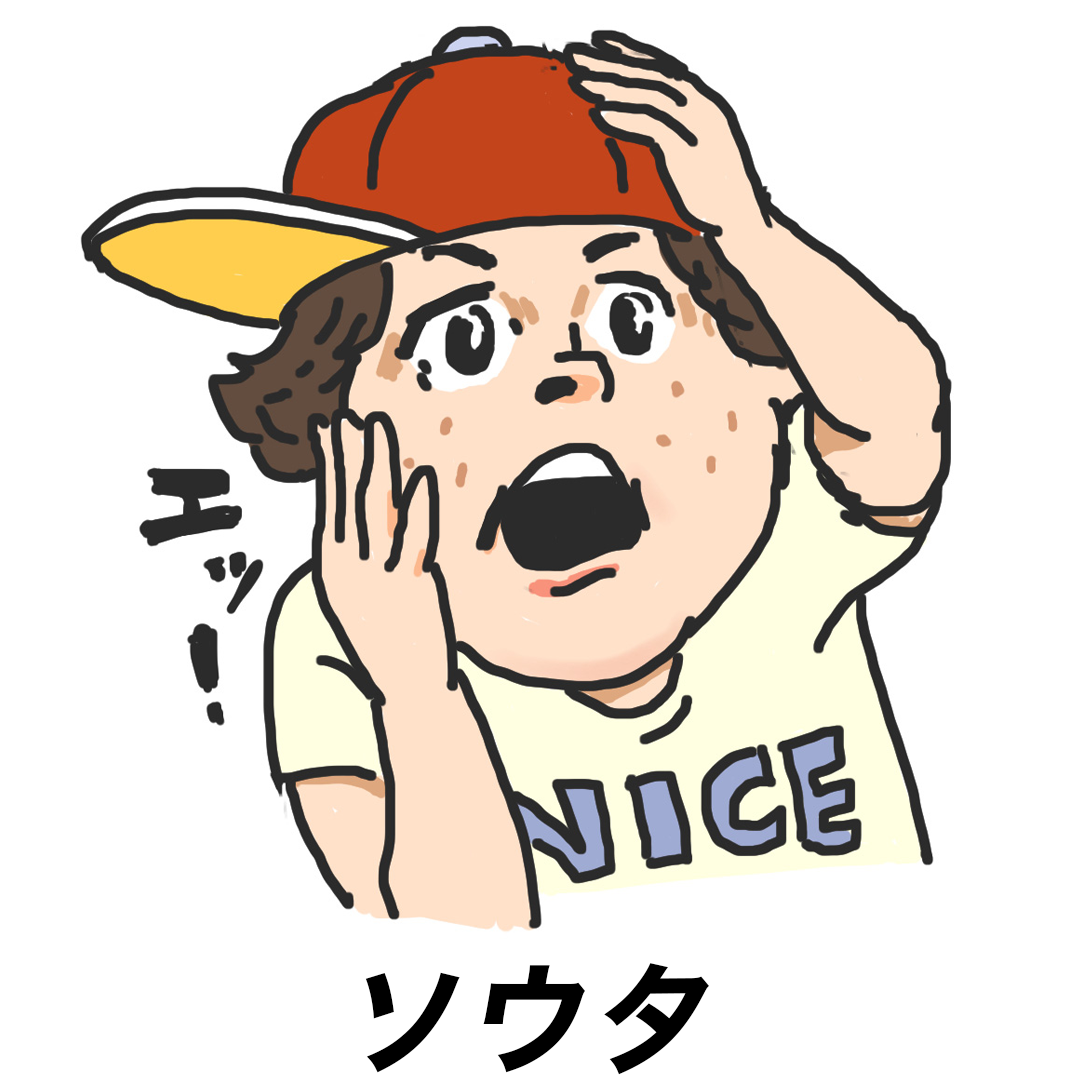
Yes, do you think so?
For example, let’s say there is a school where baseball is extremely popular and 99% of the people are playing. So, Sota, you play soccer, which you love, but if you were asked a lot by people around you, “Why do you play soccer?” Wouldn’t you feel strange if people around you asked you a lot of questions like, “Why do you play soccer?


I will do so.
That kind of feeling. That’s a pretty tough feeling, isn’t it? I think this is one of the reasons why it is difficult for men to get involved in housework and childcare.


I see.
There are still many men out there who think that work is more important than housework and childcare, and some take child-rearing a little too lightly.


I see.
Have you ever heard of men having difficulty taking maternity leave?


Yes, I have read about it in news articles.
When you take maternity leave, you have to inform your boss, a very important person, but if he or she thinks that men are not supposed to do housework and childcare, it is difficult to tell him or her. In Japan, there are still many people like that, so it is difficult for them to say so and they may not be able to take childcare leave.

I was not aware of it at all, but it seems that even in what I heard casually, there was a sense that it is natural for men to work. It must be difficult to live while being considered “strange” more than necessary.
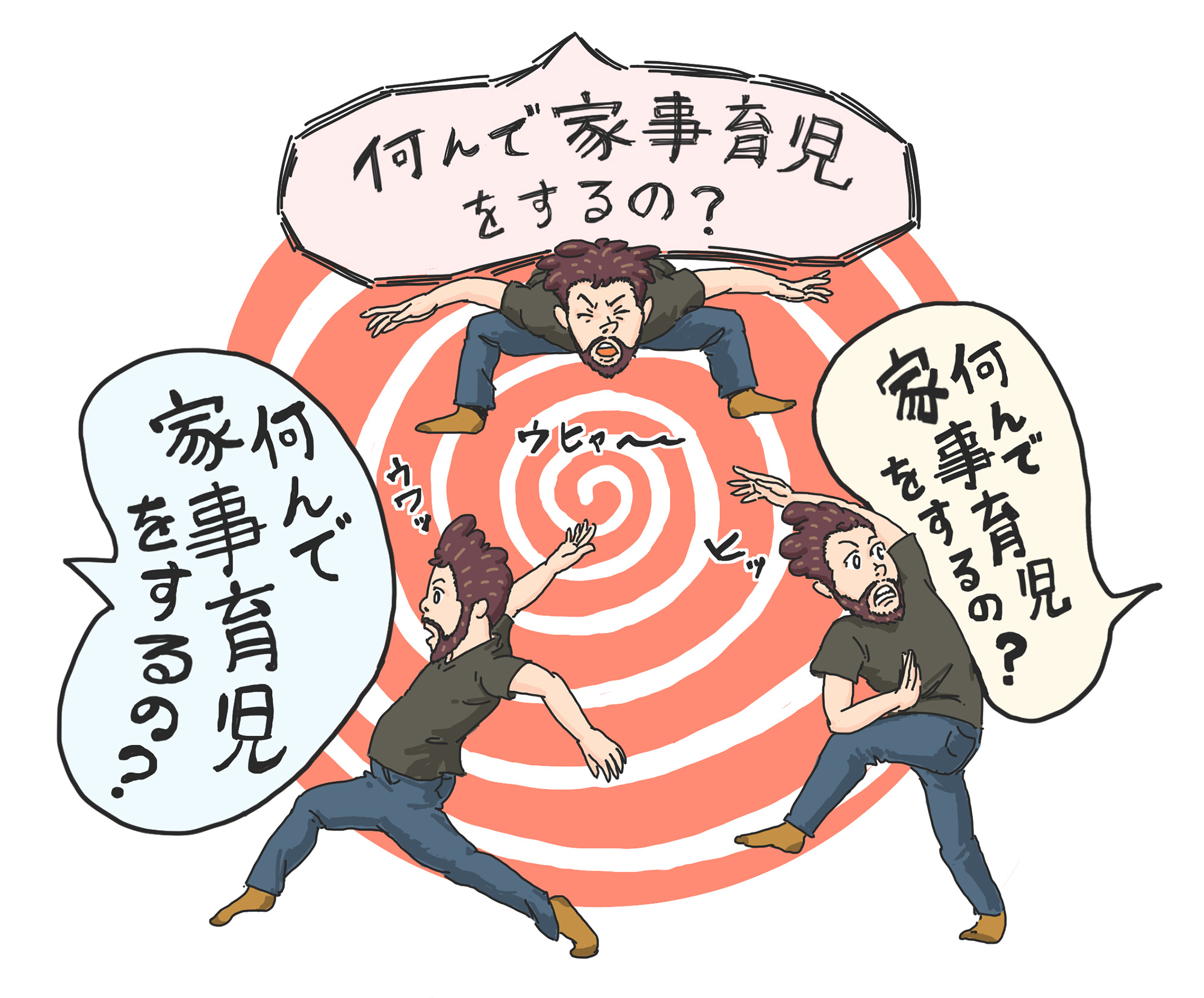

Do you have any other problems with men doing housework and childcare?
Yes, it is. The environment for housework and childcare in Japan is basically built on the premise that women are supposed to do it, so things get a little tricky.


For example, what kind of place?
I don’t think Souta-kun has ever paid much attention to it, but did you know that there are baby diaper changing tables in shopping centers, libraries, and other places that everyone uses?


Oh, I’ve seen it.
Do you know where that is?


Eh? …Is it near the restroom?
That’s right. But if you look closely, you will find that they are often located near women’s restrooms. In some places, they are combined with nursing rooms where mothers feed their babies. Souta-kun, do you have any resistance to going to the women’s restroom alone with a boy?


That is hard to go to!
Yes. And when you hand in your printouts at school, have you ever heard, ‘Give this to your mother?


There is…
That’s something you can give to your father separately, right?


Yes, I do. Then why do I say mother?
Indeed, in the past, women did most of the housework and childcare in most houses. Therefore, it was a gentle consideration that the environment and awareness were arranged to make it easier for women to use the house. But when it became necessary for men to do housework and childcare as well, it became a little more difficult to use.


Then why don’t you change it so that it is easier for men to use?
That’s right. But people didn’t quite realize it. It’s hard for men to use.


Why? Because not enough men use it?
That’s part of it….kind of like being left-handed?


Left-handed?
Even if you look at it from a global perspective, the overwhelming majority of people are right-handed, and there are many things in our daily lives that are designed to be easy for right-handed people to use.


Is that so?
The coin slot of vending machines, automatic ticket gates, and camera shutters are on the right side, and scissors and knives are usually for right-handed people.


I’m right-handed, so I didn’t notice it at all.
That’s right. Most people don’t realize how easy it is to use. It’s similar to that. However, recently there are more and more diaper changing stations in men’s restrooms, and schools are changing so that instead of saying “mother,” people are now saying “family member. In the past, left-handed people were often corrected to be right-handed, but now it is accepted as an individuality. In the same way, people’s reactions and facilities for men to do housework and childcare will change, and I think the number of men who do housework and childcare will increase.

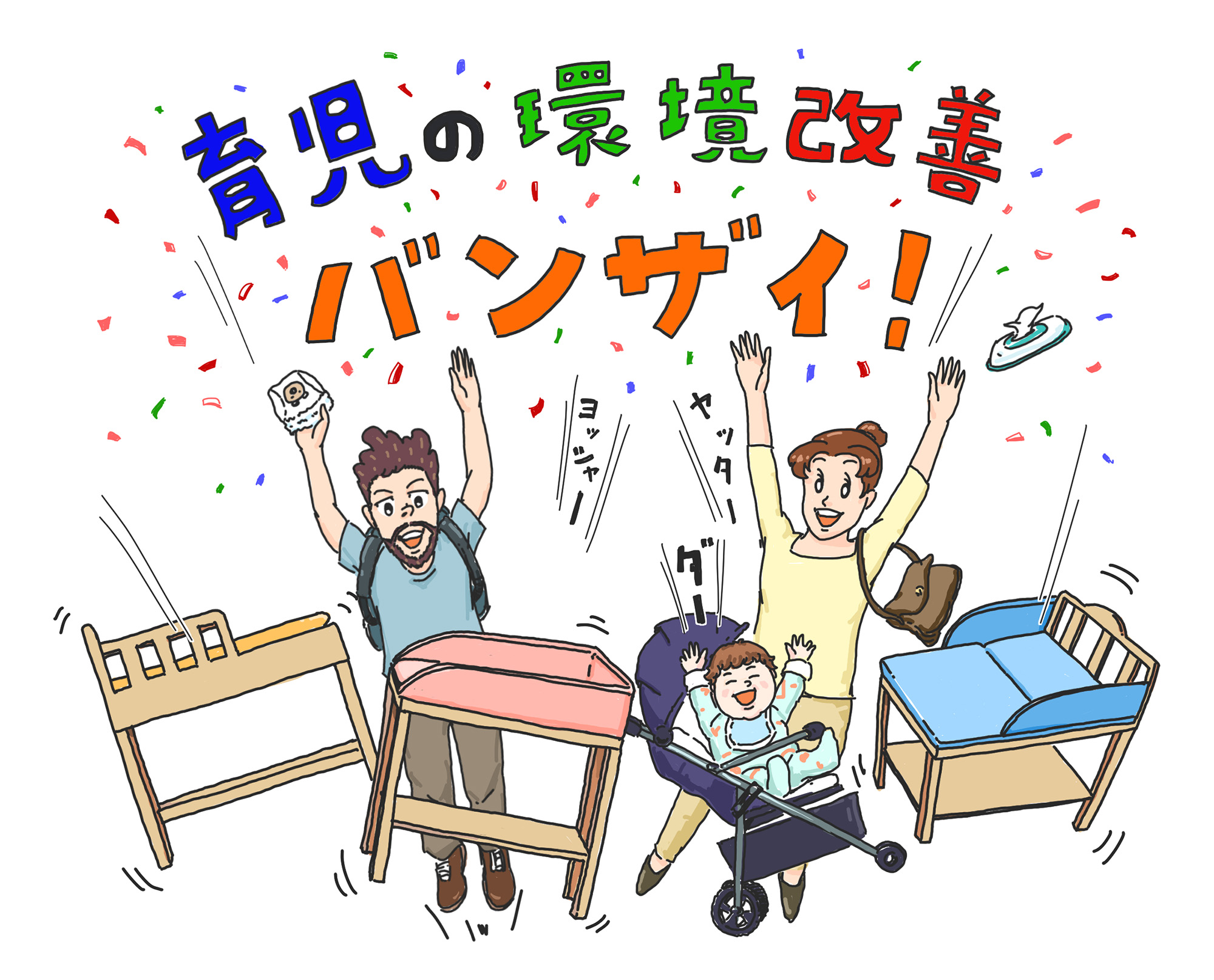
That night, I washed dishes with my dad. It seemed a little tight for my tall dad, and I agreed with what Mr. Horigome had said. When I told Rico about it, he seemed to agree.
It’s so hard to do something different from everyone else.
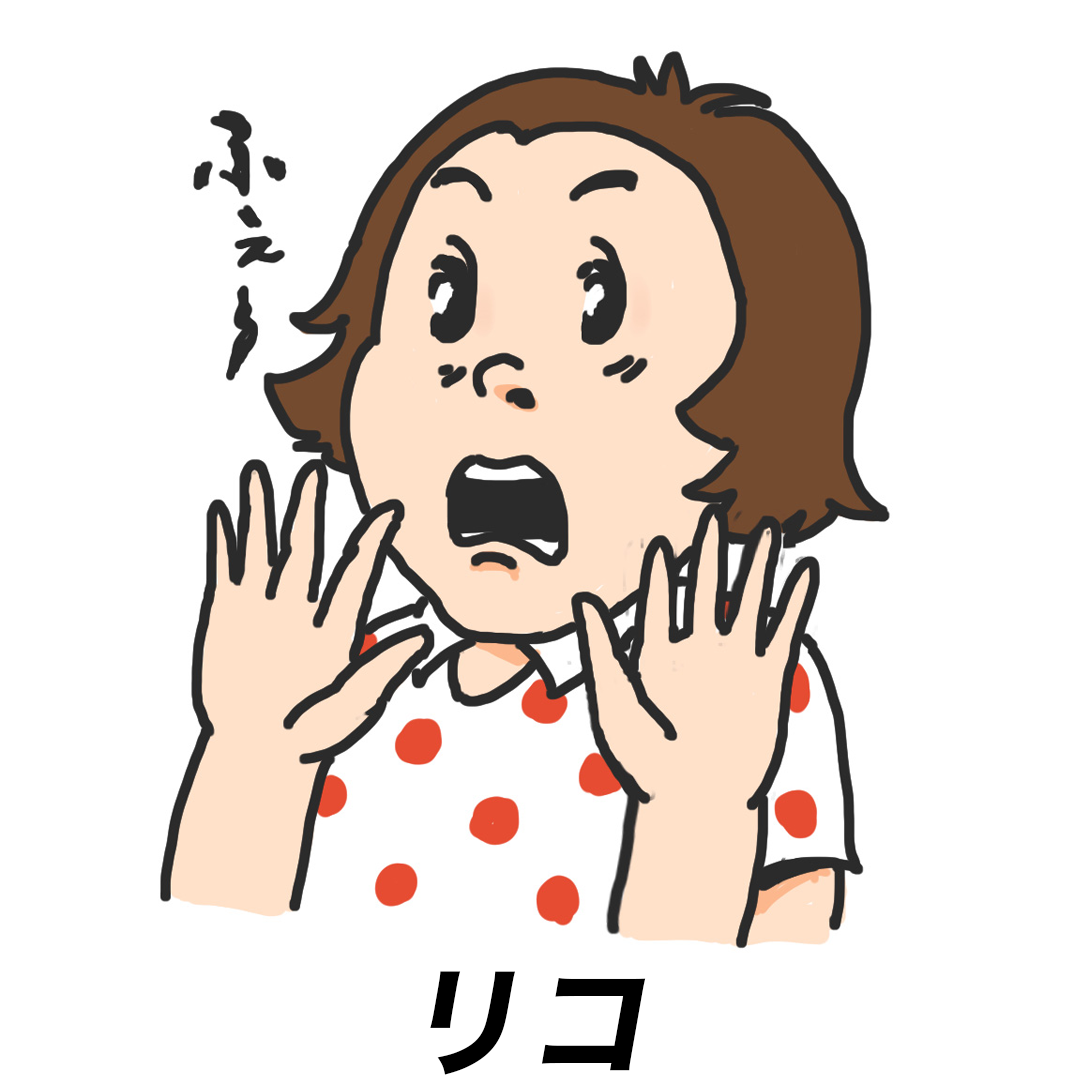

I had no idea either.
So does that mean it’s hard for mom to do her job?


There are plenty of women who do work, so that’s not true.
But my mom said before that it’s hard.


Not that you’re busy with work and housework?
Then you’d say you’re busy. What do you mean it’s hard to…


Hmmm…
Onii-chan! What’s so hard about mom working?

This is literally the hard part…ok! Let’s look into that next!
<Collaborator: Taizo Horigome, CEO of the secret society “Husband’s Friend” >.
Born in 1977.
After graduating from the University of Tokyo, he worked in engine development at a major automobile manufacturer.
2007: Took 2 years of childcare leave when his first son was born. After that, he became a “child-rearing househusband” in order to spend more precious time with his children. The reason he became a househusband was that his wife was going to California in the U.S., where Stanford University is located, as a postdoctoral researcher. When his wife’s overseas assignment was decided, he did not hesitate to take childcare leave, even though he was an office worker at the time. The whole family went to the U.S. together. However, his wife’s stay in the U.S. was longer than originally planned, and his childcare leave expired. He returned to Japan and went back to work, but he could not bear the loneliness of being away from his family and decided to resign from his job. He became a househusband and moved back to the U.S.
After living in the U.S. with her family, she now works as a translator and writer in Japan, spending most of her time with her children. She is also the CEO of a secret society called “Friends of Husbands. She also gives lectures on househusbanding and child-rearing.
(Continued next time)











